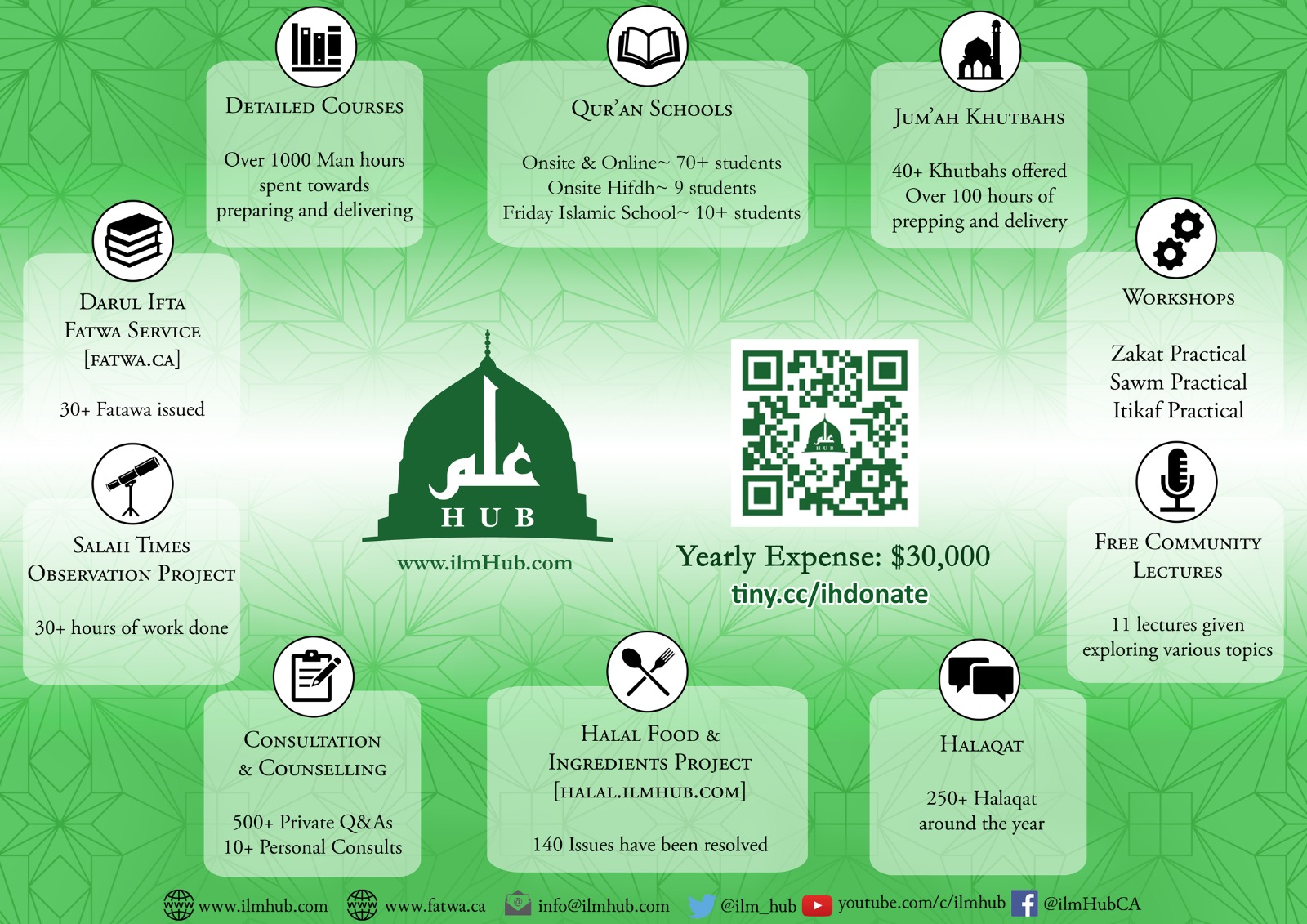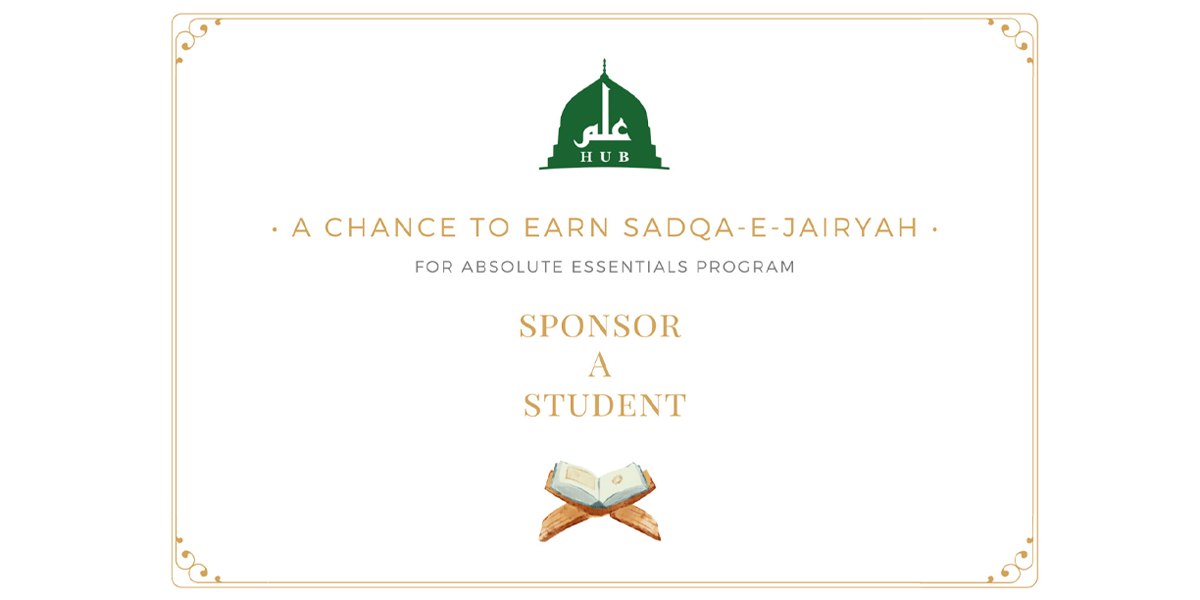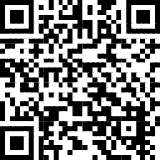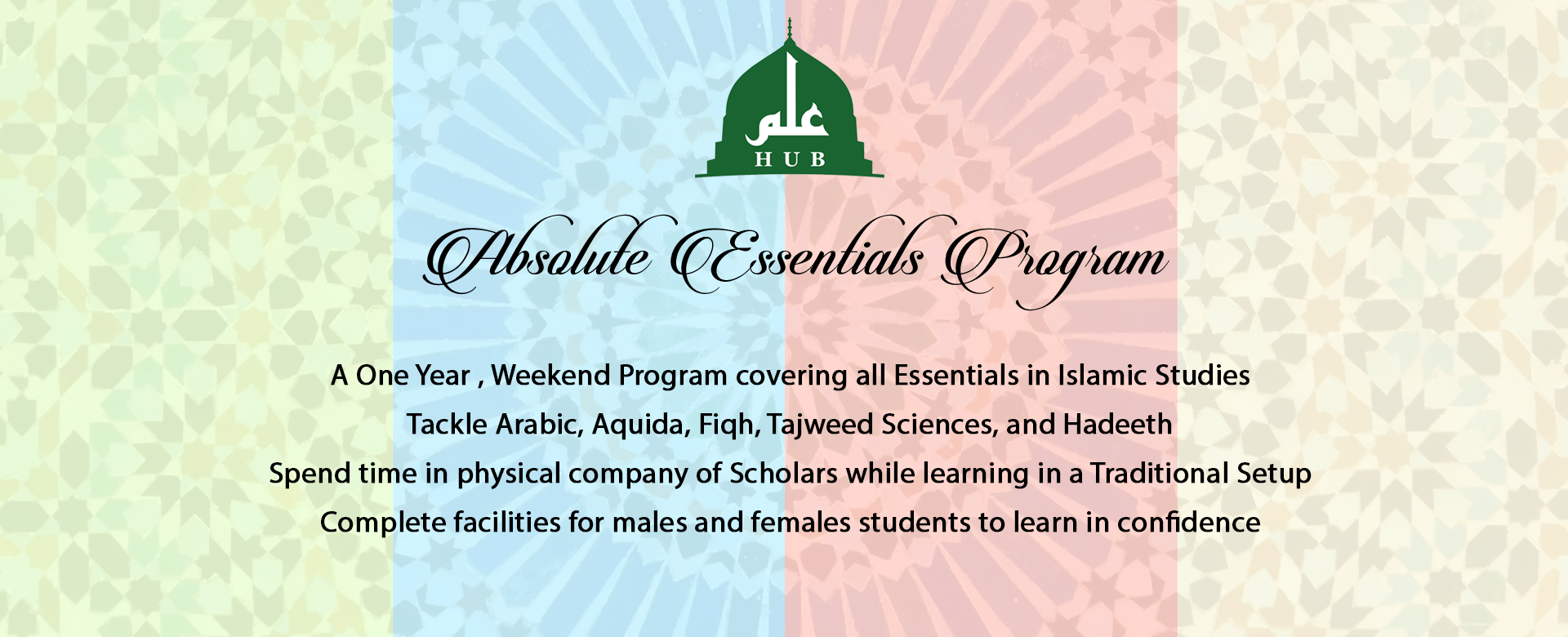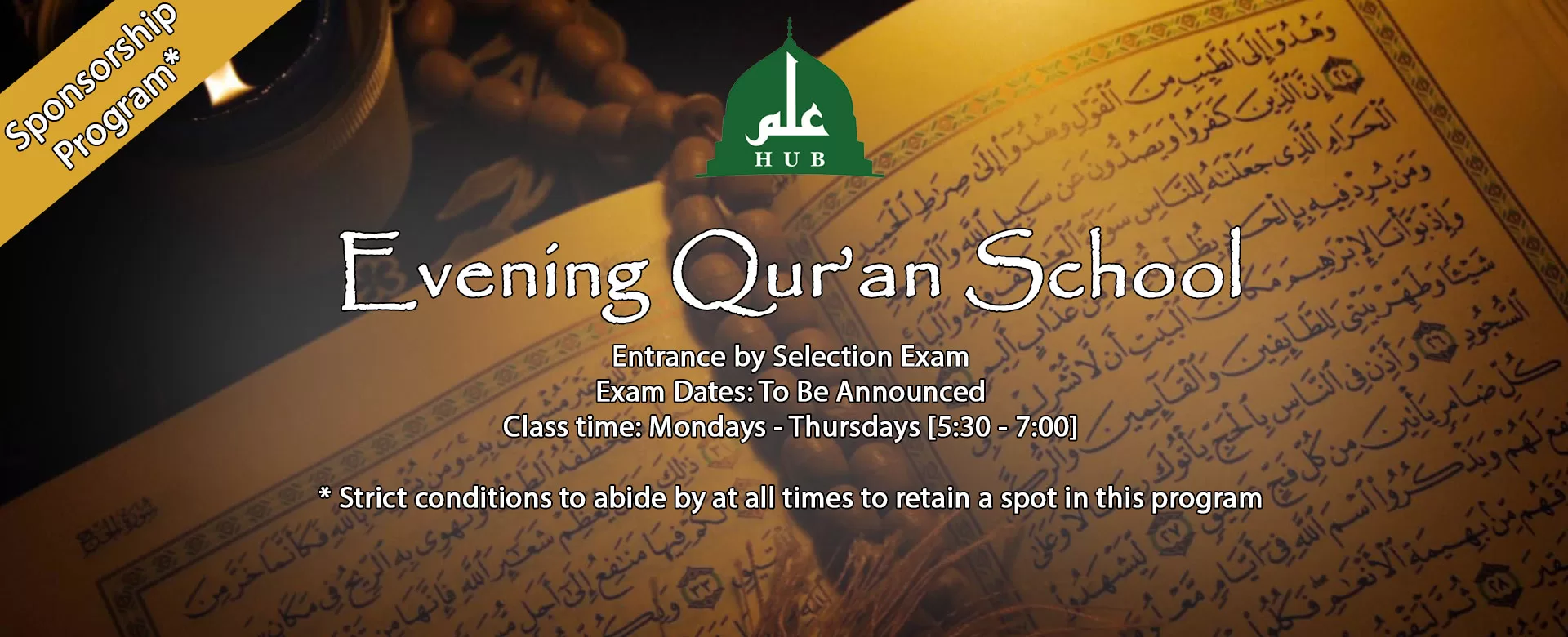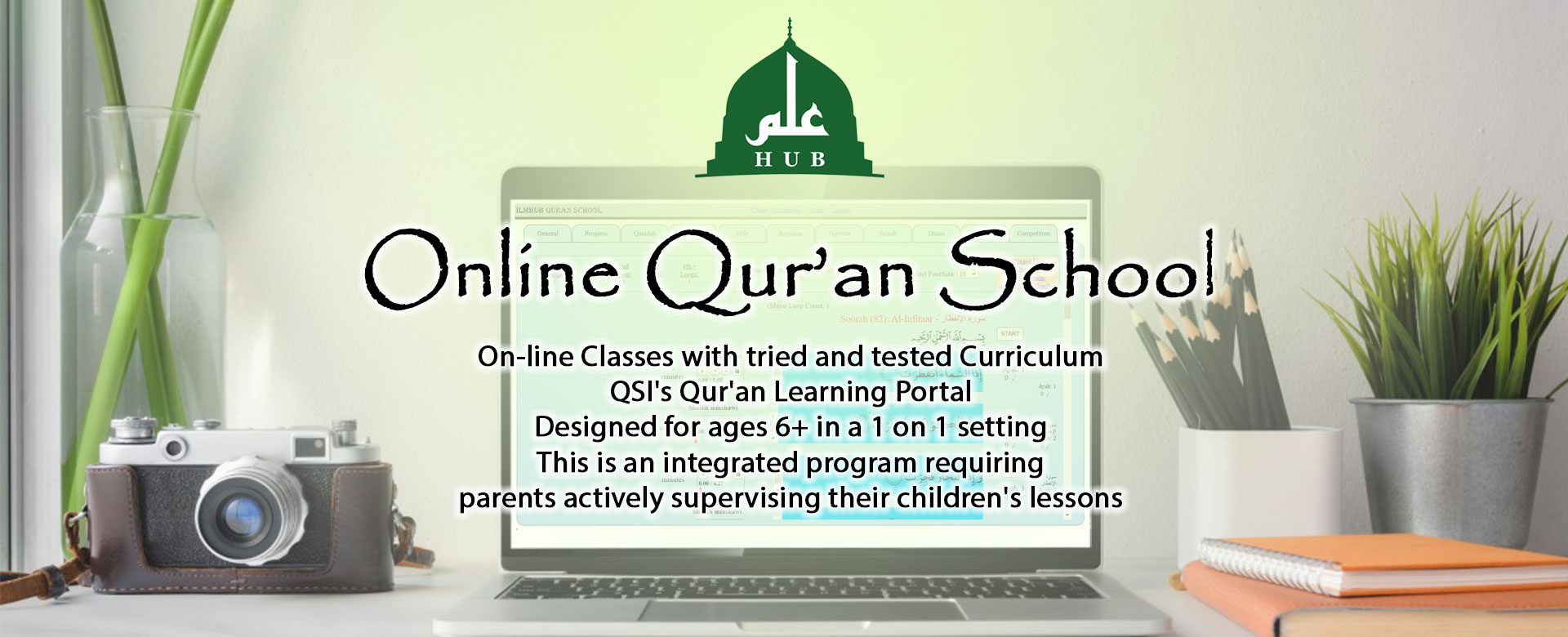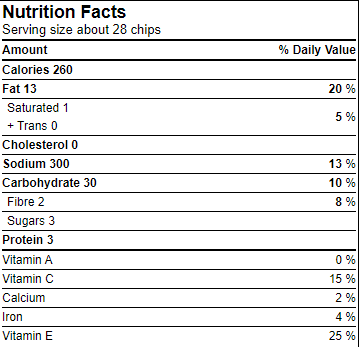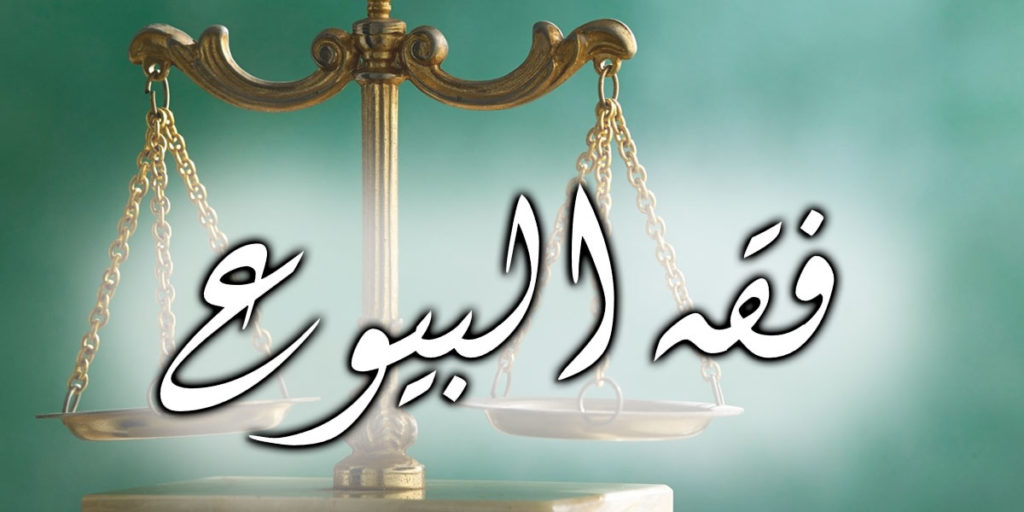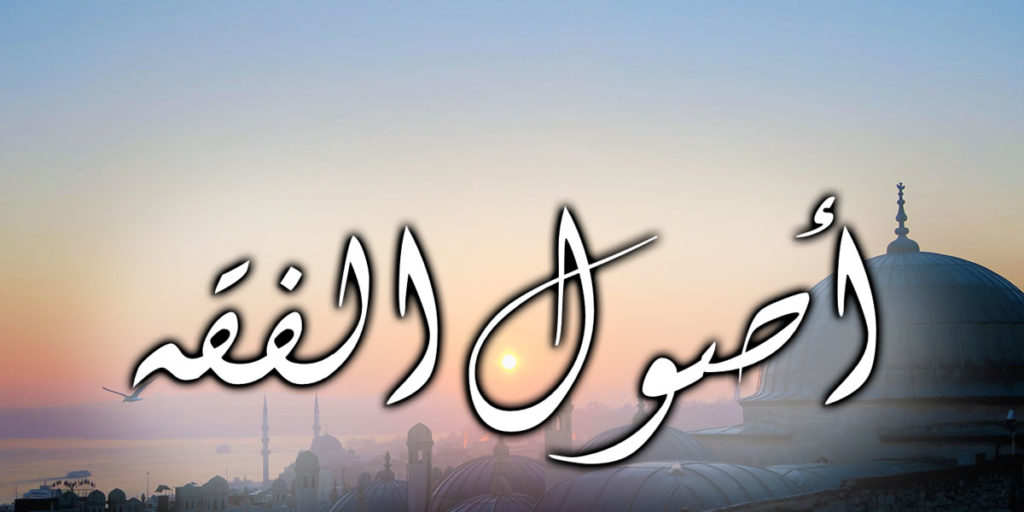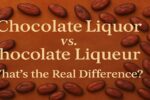Latest Fatwas
Question: A person is awarded some bank shares as a gift by his employer. Should this be accepted, rejected or given in charity?
Question: There are so many virtues of different Azkar. Like for Darood as well. There was a Sahabi whom Nabi SAWW encouraged to do Zikr of Darood all the time and leave out all other Azkar. Different groups of angels are also engaged on only one Zikr that is assigned to them. How does one decide to this Zikr and leave out all others?
Question: Assalaamu 'alaikum wa Rahmatullahi wa Barakatuhu Mufti Saab,
Please tell me if affiliate marketing is halal. Below is a link to an example of such marketing. There are others, so, would like to know the following: 1. Is affiliate marketing halal in general? 2. Is the affiliate marketing explained in the link below halal? https://affiliate-program.amazon.com/influencersQuestion: Is it permissible to use products containing dead sea salts?
Question: Asalamu Alykum wa Rahmatullah
Ismail borrowed a coat from Abdullah. Ismail put it in the laundry machine, and it messed up the coat. Now Ismail wants to make amends. There are two scenarios:
A) If the coat originally cost £100, and Ismail offers him £75, plus the return of the coat back to Abdullah B) The above scenario except that Ismail gets to keep the coat after transferring £75 Are both scenarios permissible?Latest Resolutions
Halal Foods & Ingredients
``We review products so you don't have to.``
Our Top Courses
Blogs
Chocolate Liquor vs. Chocolate Liqueur: What’s the Real Difference?
Chocolate is loved globally for its rich flavor, comforting texture, and versatility in…
Exchange of Gold and Silver (Ṣarf)
Key Concepts and Principles This study guide focuses on the Islamic legal principles…
Chapter: Performing Witr as Three Connected Rak‘ahs Without Separating Them with Salam, the Obligation of Sitting After Two Rak‘ahs, the Prohibition of Performing Witr as a Single Rak‘ah, and Mentioning the Recitation in Witr
Taken and translated from ila’ us sunan, vol. 6 pg 47. Here are…
Know More About Your ilmHub
